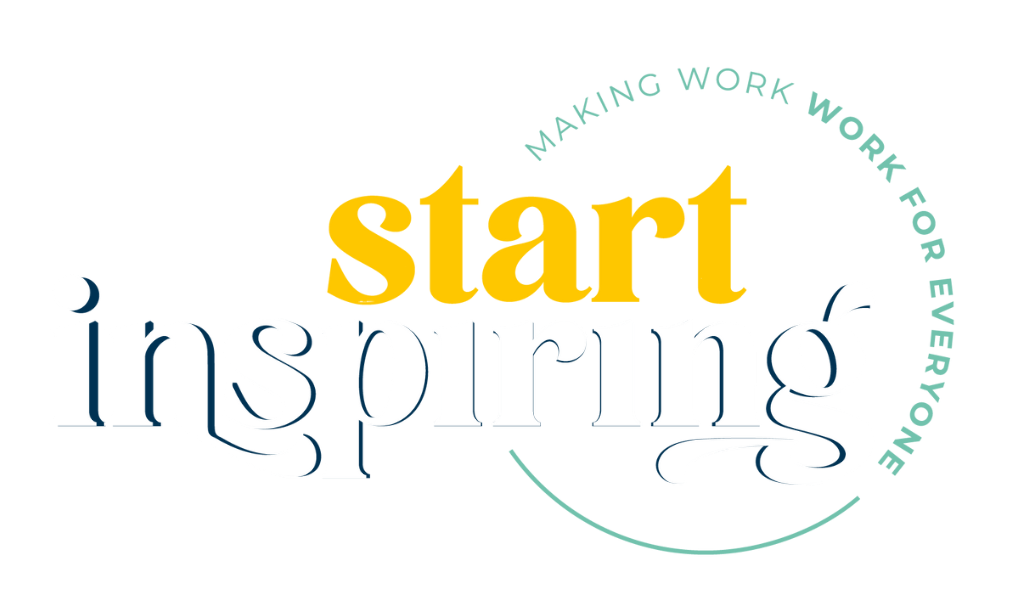Unlocking Sustainable Change: Why Learning Programmes Trump One-Off Workshops
Developing new skills is essential for thriving in today’s dynamic, competitive and fast-paced world. From improving technical expertise, to enhancing interpersonal skills, workplaces are keen to help their people bridge the gap between where they are, and where they want to be. However, there’s a long-standing debate between one-off workshops and more comprehensive learning programmes.
We get it - the promise of new skills following a one-off workshop is tempting. A concentrated burst of information can be helpful if the aim is to pass knowledge from the trainer to the trainee. But we also know, more often than not, these workshops fall short of their promises.
So why do workshops not work?
Surface-level impact: One-off workshops tend to offer a shallow dive into the subject matter. There is rarely more than an introduction to a topic, which doesn’t allow for deep exploration or sustained learning.
Lack of reinforcement: We know that learning is a process, not a single event. One-off workshops don’t usually offer the opportunity to reinforce learning or follow up, meaning new skills may not be practised or embedded.
Time constraints: There is often little opportunity to apply learning to real-life situations. This can lead to people feeling a lack of confidence to make changes in their day-to-day roles.
Can you really remember what you’ve learnt during a one-off workshop?
Because of one-off workshops' surface-level impact, lack of reinforcement and time constraints, there is an expectation that people will have to remember their learnings. Over the years, research has built on Ebbinghous’ ‘Forgetting Curve’ to incorporate research in cognitive psychology and neuroscience, but fundamentally the ‘Forgetting Curve’ still stands. We know there is a rapid decline in memory retention after initial learning, often within the first day. Forgetting continues over time and without reinforcement, means learning can eventually be completely forgotten.
Learning programmes are different. They offer a holistic approach to learning and development, with key advantages, including:
Structured learning paths: Incorporating content that builds and guides participants through concepts, making sure they have a deep understanding and opportunities to apply it to their own work context. Often experiential learning is used, creating space for practical exercises to really bring theory to life. This active learning means people are more likely to create memorable experiences, leading to learning retention.
Sustained engagement: Usually promoting engagement over time using a series of modules, workshops and assignments, participants are encouraged to constantly embed learning and deepen their understanding. This spaced repetition is a great way to promote long-term engagement of the content and therefore, reinforcing knowledge and skills that are being developed.
Flexibility: Programmes are often tailored to the bespoke needs of the participants and the organisation. This creates a more meaningful learning experience, addressing unique challenges and goals.
While one-off workshops may offer a quick fix, or give a temporary boost, the reality is that true learning and skill development requires time, effort and commitment.
Learning programmes offer a far more effective path to mastery and long-term growth. Next time you’re looking at your learning options, consider if you’d like a quick fix that may not lead to long-term results, or a path that leads to sustainable change.

